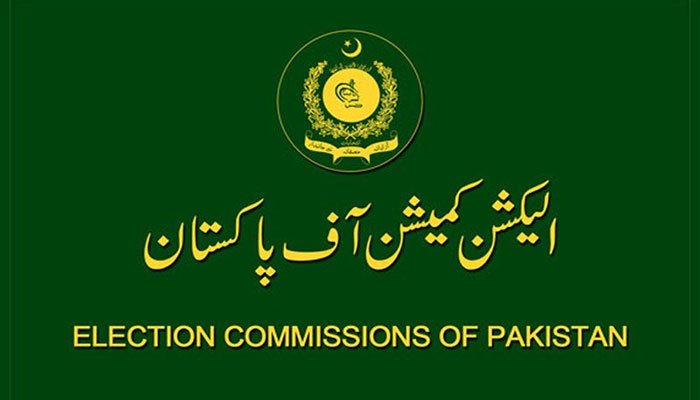The press conference held on Monday by ministers requesting the resignation of the entire Election Commission of Pakistan (ECP) was a proactive response to the ECP’s investigation into the Daska by-election rigging situation.
According to sources, the government has learned that the ECP has discovered critical facts regarding the suspected rigging plot in Daska, which, if made public or put before the Supreme Court, will be extremely humiliating for the government.
Reports suggest the government has been advised that the ECP has discovered “strong proof” of the existence of the bulk of the 20 “missing” presiding officers at a clear location outside Daska on the night of the elections. Instead of automatically reporting to the Returning Officer after the completion of the voting and counting phase, these presiding officers had vanished for several hours.
The Election Commission of Pakistan had approached the government, demanding the call data record (CDR) of all 20 presiding officers who, with their permission, had gone ‘missing’ for hours along with ballot bags on the night of the contentious and recently nullified Daska by-election.
The ECP was given details showing that the bulk of the absent presiding officers had congregated at the same place outside Daska. The CDR information may contribute to the identification of those who arranged and oversaw the Daska by-poll rigging.
The presiding officers appeared untraceable to both the RO and the ECP for many hours that fateful night. The CEC attempted to reach both appropriate police and civil administration officials until late that night, but no one was available.
The ECP reported in a press release the day after the Daska by-election that only the Punjab chief secretary was effectively contacted once at 3 a.m., but he, too, never returned to the ECP with details about the absent presiding officers. The Commission also approached the IG of police Punjab, the commissioner and RPO of Gujranwala, as well as the concerned deputy commissioner and DPO, but none of these officers were available.
The ECP summoned the chief secretary and IGP on March 4 to direct the resignation of the commissioner and RPO Gujranwala, as well as the suspension of the concerned deputy commissioner, DPO, two assistant commissioners, and two DSPs.
The ECP is yet to determine whether to perform its own investigations into these civil administration and police officers or to refer them to the federal and Punjab governments for investigation.
If the ECP chooses to conduct its own investigations into these officers, it would be quite unsettling for those who plotted and conducted the whole Daska by-poll manipulation scheme from behind the scenes.
The current ECP was named with the consent and agreement of the prime minister, who has already shared his trust in the Commission. However, the government was irritated with the ECP because, rather than supporting the presidential reference against secret balloting in Senate elections, it endorsed the principle of secret balloting before the Supreme Court, invoking constitutional and legal provisions.
The ECP believed that it was required to hold elections in accordance with the rules of the Constitution and the legislation.
Prior to the Senate polls, the government requested that the ECP utilize barcode technology on ballot papers. The government claimed that this technology would enable the ECP to recognize the voter’s name if required to do so by a court or the government.
According to the government, this intervention will prohibit vote-buying in Senate elections. The dilemma for the ECP was that what the government demanded was not feasible under the Constitution, which states explicitly in Article 226 that all votes, with the exception of those for the PM and CMs, must be conducted by a secret ballot. In its written response to the SC, the ECP has claimed that printing a barcode on ballot papers would be a breach of Article 226.
According to the government, there are only two options to print a barcode on ballots: if parliament amends Article 226 or the SCP issues the required request. Neither of these things occurred. The subsequent win of Yousaf Raza Gillani over the PTI government’s nominee Dr. Hafeez Shaikh in the Senate election angered the government and the prime minister.
Imran Khan highly criticized the ECP and blamed it for Gillani’s win in a televised address. The ECP replied with a strongly worded press release, explaining that it would not be forced to behave in a way that would be contradictory to the Constitution and the law.









